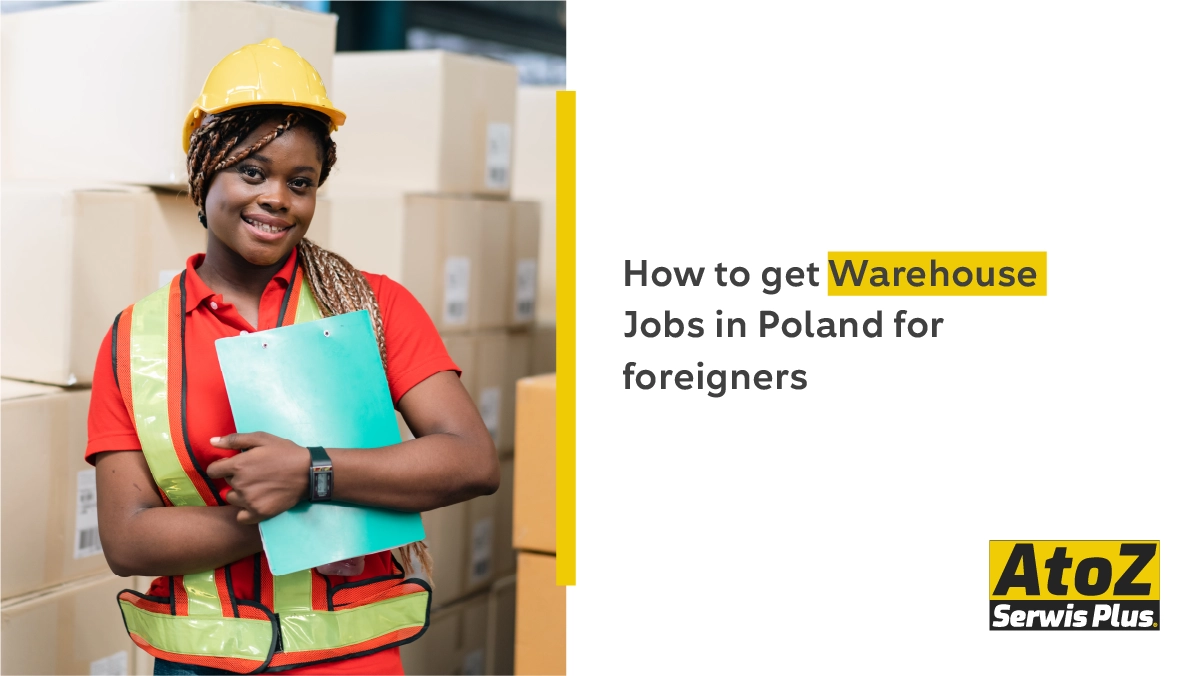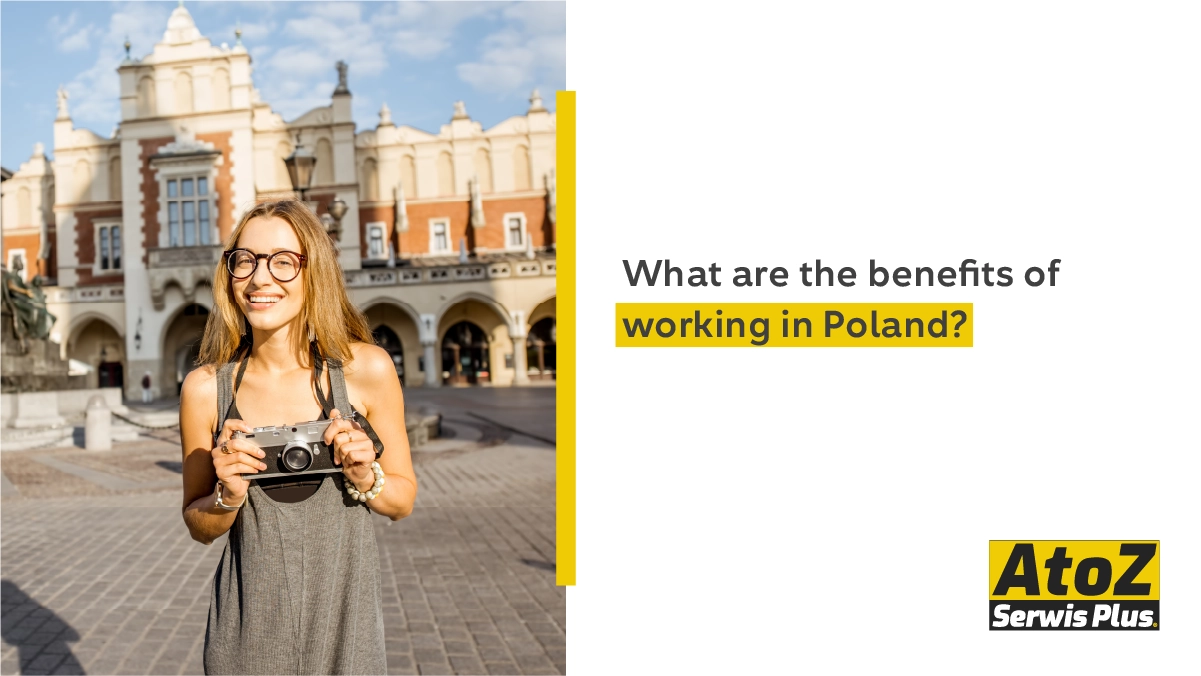

20 Jobs that can get you a Polish Work Visa
As one of Central Europe’s fastest-growing economies, Poland is facing critical labour shortages in several sectors. From skilled trades to healthcare and IT, the demand for foreign workers in Poland has surged, creating valuable opportunities for international job seekers.
Whether you’re from Asia, Africa, or the Western Balkans, Poland's labour market is wide open to qualified foreign professionals.
Poland Is Facing Labour Shortages
Poland’s ageing population, increased emigration of Polish citizens, and rapid industrial growth have created a gap between job supply and demand. This gap has widened post-pandemic, particularly in manufacturing, construction, transport, and healthcare.
To keep up with economic needs, Polish employers are actively recruiting workers from abroad, including:
- India, Nepal, Bangladesh, Philippines
- Ukraine, Belarus, Moldova
- Western Balkan countries like Serbia, Albania, and Bosnia & Herzegovina
Foreign nationals now make up a growing portion of Poland’s workforce.
Top 20 Jobs Facing Shortages in Poland (2025)
Here are the most in-demand jobs currently experiencing workforce shortages:
|
Job Title |
Sector |
|---|---|
|
Truck Drivers (CE License) |
Transportation/Logistics |
|
Welders |
Manufacturing/Industry |
|
Electricians |
Construction |
|
Plumbers |
Construction |
|
Carpenters |
Construction |
|
CNC Machine Operators |
Manufacturing |
|
Warehouse Workers |
Logistics |
|
Nurses and Caregivers |
Healthcare |
|
IT Specialists (Developers) |
Information Technology |
|
Forklift Operators |
Logistics/Transport |
|
HVAC Technicians |
Construction |
|
Mechanics |
Automotive |
|
Production Line Workers |
Manufacturing |
|
Food Processing Workers |
Food Industry |
|
Cooks and Kitchen Helpers |
Hospitality |
|
Cleaners |
Maintenance |
|
Hotel Staff |
Tourism/Hospitality |
|
Agricultural Workers |
Farming |
|
Security Guards |
Private Security |
|
Call Center Agents |
Customer Support |
These positions offer competitive salaries, often higher for those with experience and certifications. Many also include visa sponsorship and accommodation support.
Western Balkan Workers Increasing in Poland
In recent years, there has been a sharp rise in workers from Serbia, Bosnia, Albania, and North Macedonia entering the Polish job market. This is largely due to:
- Visa-free access for short stays
- Fewer bureaucratic obstacles
- Positive reputation for reliability and hard work
Many Polish employers prefer hiring from the Western Balkans due to cultural similarities and easier onboarding.
Workplace Culture in Poland
Foreign workers in Poland experience a structured, respectful, and evolving work culture:
- Punctuality and discipline are highly valued
- Workplaces are typically hierarchical, but this is softening in international companies
- Polish teams are goal-oriented with growing focus on work-life balance
- English is often spoken in multinational companies
- Workers are entitled to health insurance, paid leave, and legal protections
Poland is also known for welcoming international workers, especially in sectors facing urgent shortages.
FAQs – Working in Poland as a Foreigner
- Can foreigners work legally in Poland?
Yes, with a valid work permit and visa. Employers usually assist in the process. - Which nationalities are preferred?
Workers from Ukraine, the Western Balkans, India, Nepal, Bangladesh, and the Philippines are highly welcome. - Is it easy to get a job in Poland for non-EU citizens?
Yes, particularly in shortage occupations. Having experience and a clear profile helps. - What is the average salary in Poland?
€1,000–€2,500/month depending on job and region. - Are accommodation and meals provided?
In many cases, yes—especially for blue-collar jobs. - Is it possible to bring family members later?
Yes, through a dependent visa after 2–3 months of legal stay and ZUS registration. - Is English enough to work in Poland?
In many jobs, yes. But knowing some Polish helps with integration and promotion. - What are the work permit processing times?
Typically 65–120 working days, depending on the region and case volume. - Can I change employers in Poland?
Yes, but the new employer must reapply for a work permit. - Is Poland a good country to settle in?
Yes, due to affordable living, EU access, job opportunities, and social support.
Conclusion: Why Poland Needs You
Poland’s labour shortages are real — and they’re growing. The country actively seeks foreign workers to support its expanding economy, especially in logistics, construction, healthcare, and manufacturing.
Whether you're a skilled worker, tradesman, or professional, Poland offers real, long-term employment opportunities backed by legal support, job stability, and access to the EU.

















